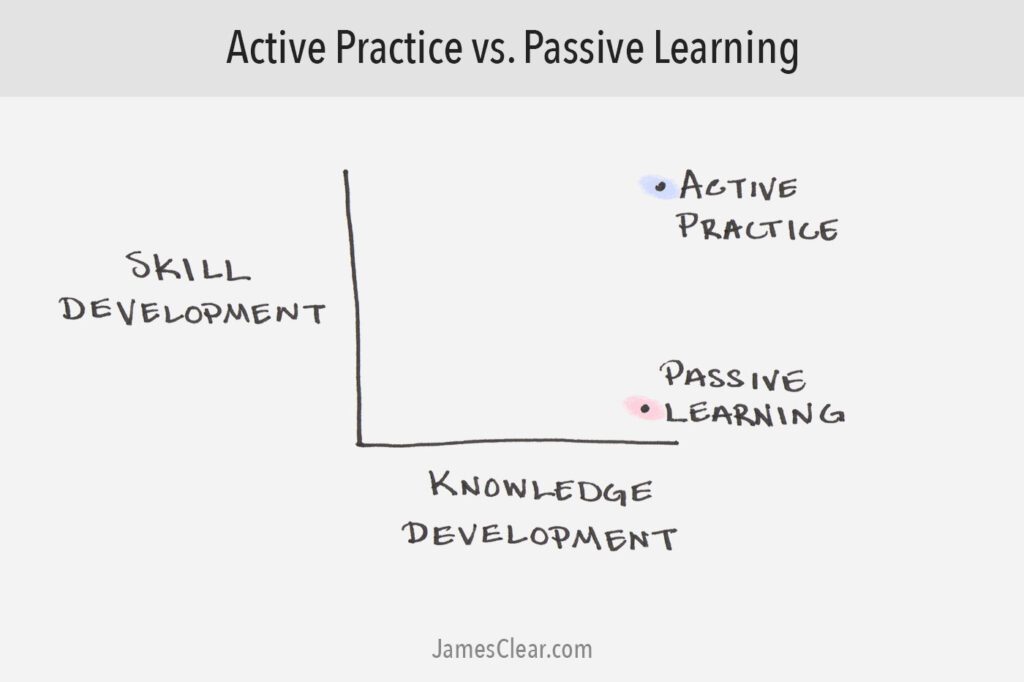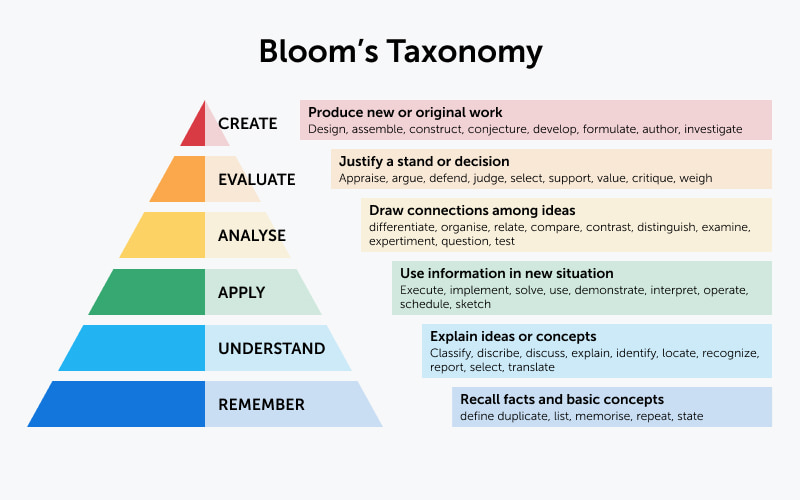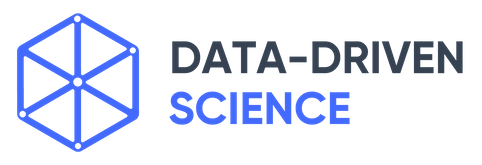Executive Summary
Data-Driven Science is starting the year with a new approach for teaching and learning: the Data Science Challenge. The focus is on “practice” instead of creating more knowledge-based content, as we believe that practicing is the only way to really learn and master a skill.
There’s three problems with the current state of data science education:
- most online courses are around knowledge development
- focus on beginner level content
- there hasn’t been much curriculum innovation recently
To address this, Data-Driven Science is using the “Challenge” as the educational medium, to help students to develop their actual skills in machine learning.
—
Data-Driven Science is starting the year with a new approach for teaching & learning:
The Data Science Challenge.
There’s so much amazing online training available that helps students to learn the basics of data science and machine learning – no need to do more of that. Therefore, we decided to focus on “practice” going forward instead of creating more knowledge-based content.
And in the end, practicing is the only way to really learn and master a skill. Without practice, you can’t become proficient in any discipline; whether it is data science or something else.
In this post, we touch upon the WHY, HOW and WHAT to explain the reasoning behind our shift towards active practice.
Let’s talk about the WHY first
The last few years have brought a plethora of online courses and bootcamps in the field of data science and machine learning.
There’s obviously the big names such as Udemy or Coursera that host hundreds of courses. But also new startup companies, YouTubers, or established universities (e.g. MIT OpenCourseWare) have brought more variety to data science education.
This is an extremely positive trend.
Nonetheless, we see three main problems with the current state of data science education:
- Most online courses are around knowledge development, i.e. passive learning. In passive learning students gain new knowledge about, for example, Python libraries for machine learning, but they are not discovering how to apply that knowledge.
- There’s a focus on beginner level content, which makes sense, because it is still the bigger market as many people are just entering the field. However, we believe that it is time to give students more opportunities to actually apply the knowledge that they gained from online courses and practice their skills.
- There hasn’t been much curriculum innovation recently – most courses still use a very similar structure and flow. There’s a few new ideas around cohort-based and community learning, but those concepts are rather an add-on and actually more powerful in non-technical topics.
That is why we think the Data Science Challenge is needed.
Secondly, HOW
Our goal is to help students to develop their actual skills in machine learning. This is different from the knowledge development of most online courses that follow a passive learning approach.
James Clear has written about the difference in one of his blog posts where he compares active practice and passive learning.

Data-Driven Science completely focuses on active practice and therefore skill development. That sets us apart from many other education providers that teach fundamental concepts such as machine learning algorithms or the mathematics behind data science, i.e. knowledge development. That is certainly important, but insufficient for building real skills.
Instead of courses, we use the “Challenge” as the educational medium. Challenges on Data-Driven Science are more similar to competitions on Kaggle than online courses, because of their nature to solve a specific problem with machine learning and develop skills through practice. They are rather short, highly engaging as well as outcome-oriented.
The Challenge focuses on a particular machine learning topic and has clear tangible outputs at the end of the Challenge that demonstrates the skill of a student. During that learning journey, students will work through real-world scenarios and develop general problem solving skills that are incredibly important when working in the industry.
Bloom’s taxonomy is a great framework to illustrate what Data-Driven Science does differently (Bloom is used for categorizing educational objectives). Typical online courses are at the “Remember” & “Understand” level whereas Challenges operate at the “Apply” level.

As mentioned before, Challenges won’t replace online courses and should be seen as an addition that focuses on the application of concepts & methods to develop practical data science skills in different fields of machine learning.
And finally, WHAT
The Data Science Challenge is focused on developing one specific skill in machine learning which can be broken into 4-5 micro skills. Throughout the Challenge, students will practice those skills and finish with an outcome that demonstrates their learning.
Each Challenge includes the following key components:
- Describing the machine learning task from a technical perspective
- Understanding why this task is important and can be applied in the real world
- Getting a grasp of the dataset used in the Challenge (format, size, etc.)
- Accessing, processing, and preparing the data for the machine learning task
- Going deeper into the method / algorithm and doing the training procedure
- Evaluating the results of the solution and trying to optimize the outcome
- Verifying the skills learned in the Challenge and answering a few questions
Data Science Challenges are organized in days, e.g. 5-Day Object Detection Challenge. This encourages students to finish and breaks the content down into manageable chunks. Generally, Challenges are short learning sprints involving a lot of hands-on work.
In contrast to video-based online courses, the content is designed in a way to be more self-governed – the student is in the driver seat and has autonomy. We want students to go off tangent to explore new ideas on how to solve the stated problem. This is actually one of the key skills needed when working as a data scientist.
And our goal is that students always take on the next Challenge. We will publish new Challenges pretty frequently and on a regular basis, so students can build their own skills learning path depending on the skills they need to grow their career.
Are you interested in taking your first Data Science Challenge? Sign up for free!

